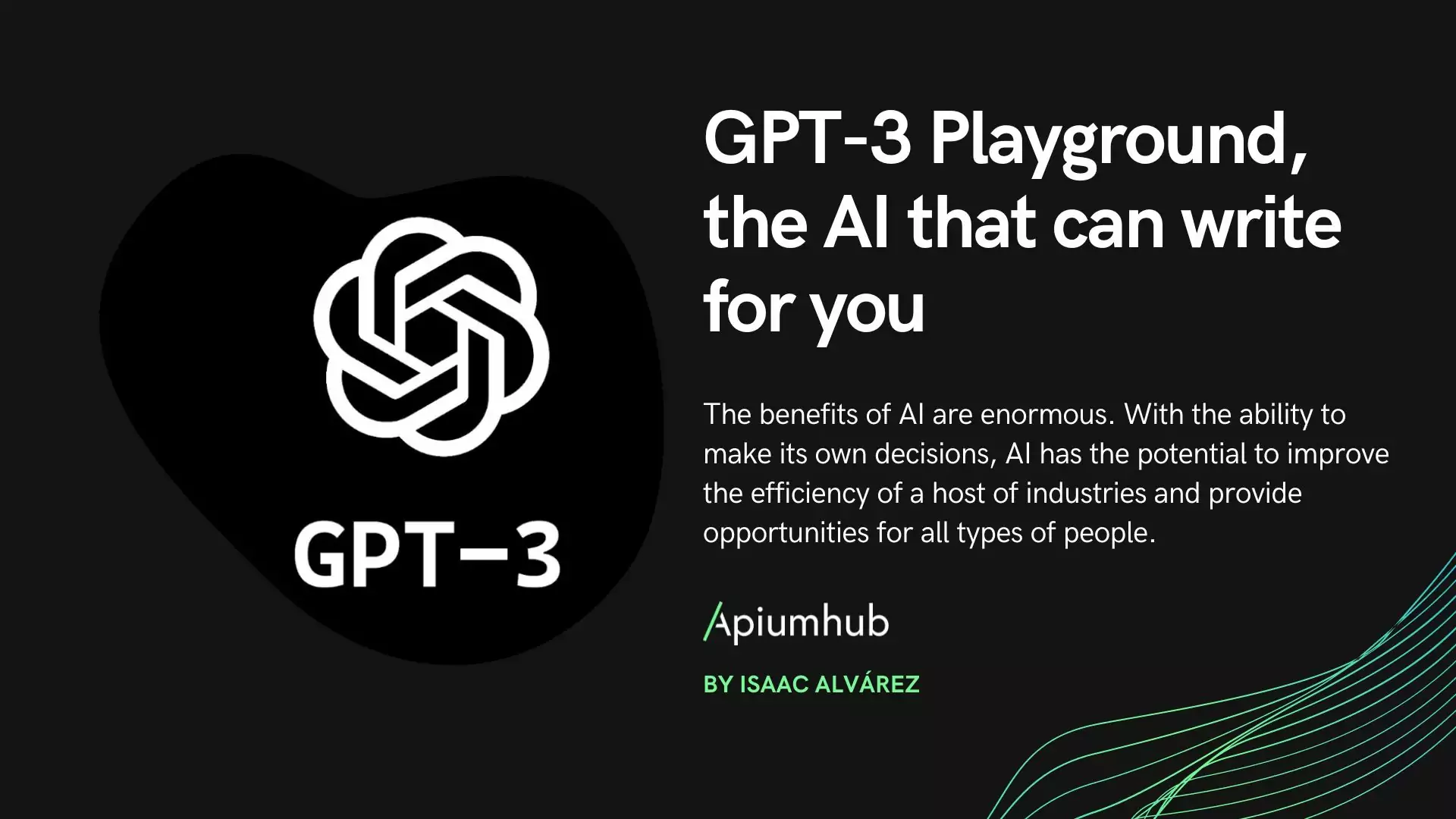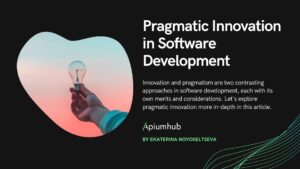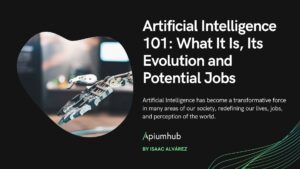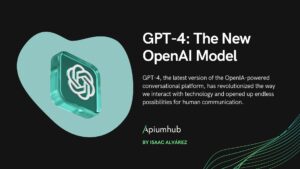Table of Contents
Along with other tech trends, Natural Language Processing became another buzzword in the past years. But not everyone really understands what NLP is and how it can be used to improve efficiency of the process and impact your business in a positive way. In this article I will be briefly explaining what natural language processing is, how it is used, a few benefits on-site search get from doing it and I will mention a some cool startups that are doing natural language processing today.
What is natural language processing?
Let’s start with the basics. Natural language processing (NLP) is the ability of a computer program to understand human speech as it is spoken. It is a component of artificial intelligence (AI) – actually another big trend these years.
In other words, Natural language processing is a field of computer science, artificial intelligence, and computational linguistics concerned with the interactions between computers and human languages. It is a computer activity in which computers analyze, understand and generate natural language. This includes the automation of any or all linguistic forms, activities, or methods of communication, such as conversation, correspondence, reading, written composition, publishing, translation, lip reading, and so on.
In fact, natural language processing is one aspect of machine learning, big data, and artificial intelligence that has the potential to truly change everything.
How is natural language processing used nowadays
Have you ever talked with your computer or smartphone? Just a few years back, that question would have been from a science fiction movie. But with advances in natural language processing, now you may ask your phone to send a text message to a specific person and it does it for you. Siri is the most obvious example: “Siri, call Evgeny Predein” and it calls him. But let’s look at other examples, that may help your business boom!
- Information Extraction
Many important decisions in financial markets are increasingly moving away from human oversight and control. Algorithmic trading is becoming more popular, a form of financial investing that is entirely controlled by technology. But many of these financial decisions are impacted by news, by journalism which is still presented predominantly in English. A major task, then, of NLP has become taking these text announcements, and extracting the info in a format that can be put into algorithmic trading decisions. For example, news of a merger between companies can have a big impact on trading decisions, and the speed at which the the merger, players, prices, who acquires who, can be incorporated into a trading algorithm can have profit implications of millions of dollars.
- Machine Translation
You may also have used Natural language processing for yourself if you have ever used the “translate” link inside Facebook to translate a foreign language into your own.
Google is a company at the forefront of machine translation, using a proprietary statistical engine for its Google translate service. The challenge with machine translation technologies is not in translating words, but in preserving the meaning of sentences, a complex technological issue that is at the heart of Natural language processing.
- Fighting Spam
Another use of NLP is text classification. Google and other email providers use it to determine if an email is spam or not. Spam filters have become important as the first line of defense against the unwanted email.
- Summarization
Other NLP programs are being developed and used. Those can automatically summarize long documents or extract relevant keywords for searching. The legal system is using these types of applications, for example, to help lawyers sort through thousands of pages of documents in any given legal case to find relevant information.
Information overload is a real phenomenon in our digital age, and already our access to knowledge and information far exceeds our capacity to understand it. This is a trend that shows no sign of slowing down, and so an ability to summarise the meaning of documents and information is becoming increasingly important. It really helps to absorb the pertinent information from vast amounts of data.
- Emotional meaning
Marketers are using NLP for sentiment analysis, combining the millions of tweets and other social media messages to determine how users feel about a particular product or service. It has the potential to turn all of Twitter or Facebook into one giant focus group.
- Question Answering
Search engines put a lot of information at our fingertips, but are still generally quite primitive when it comes to actually answering specific questions asked by humans. It is getting better and better year by year. And companies are predicting that chatbots; another growing trend will be able to take over some customer-service functions in as little as five years, providing automated, real-time responses to simple customer-service problems and questions.
Benefits of Natural Language Processing for On-Site Search
Nowadays one of the most popular usage of Natural language processing is on-site search. Online shoppers have noticed how much ecommerce has evolved over the years and how online shopping is a far less frustrating experience than it was just a few years ago, but for the majority of shoppers, the technological changes that are taking place behind the scenes are invisible. The adoption of natural language processing is one of the key drivers of change in ecommerce today, and the impact that these technologies are having on customer experience is both far-reaching and powerful.
So, here you will find key benefits of NLP and answers on why it is better than stock search algorithm or other traditional keyword – and text-based searches.
- Better results. Semantic search provides results that are exactly what your customers are looking for.
- Search processing deciphers what your customers really mean. Your customers are human, they make spelling errors, confuse brands with products and forget details. NLP bridges the gap when these errors occur. NLP connects the dots to keep search seamless.
- More data mined means more data for growth. Measuring what your customers are searching for is key in improving your business. Through the tremendous depth of data presented by NLP, you’re able to analyze the data to a huge degree, learning about customer habits and tendencies across your entire consumer base. This data can be applied from merchandising to SEO, marketing campaigns to sales, etc.
- Complex search capabilities eliminate ineffective results. Natural language processing looks at the whole picture, not just the individual keywords in a search, providing results that are the sum of their parts. Results that might be wrongly identified by text-based searches or accidently omitted from keyword queries.
- Personalization. Companies like Peerius, NOSTO and RichRelevance use machine learning together with NLP to enhance the shopping journey. These providers use the data to continue to provide recommendations based on the onsite behaviour and previous search habits.
Let’s look at a couple of examples. Take Zimmermann, an online fashion retailer based in Australia who use Klevu search. Zimmermann’s adoption of an NLP-based solution within its ecommerce store can be demonstrated by searching, for example, for ‘ankle shoe’. As shown in the image below, the search results are highly accurate.
Obviously, if a customer uses on-site search and is presented with a random assortment of irrelevant products, or, even worse, the ‘No Results Found’ page, that customer is likely to leave the site, and a potential sale is lost. The damage done goes much further, however, as that customer is unlikely to return for future purchases. If the customer leaves a site after a poor experience, and subsequently visits a competitor’s site where the on-site search delivers fast, accurate results, it’s not difficult to guess where the customer’s loyalty will lie when it comes to future shopping. It’s vital to understand “lifetime value” of customers, when weighing up the benefits of investing in NLP-based on-site search.
For example, Amazon’s Echo is currently at the front of the NLP pack with voice recognition, which is the next step in reproducing the experience of interacting with a human representative. Shoppers who have purchased Echo increase their spending by 10 percent overall, with half of this increase going directly to Amazon products.
Social media listening has become an important tool for e-retailers who want to understand consumer shopping habits, predict product demand or monitor trends to create sticky marketing messages. Consider the analysis of Black friday, people talk a great deal about being hungover on Black Friday. So Pharmaceutical brands like Advil or Tylenol, etc. could leverage this trend mentioning “hangover remedies” in their real-time marketing campaigns on that day and increase sales.
NLP gives tremendous opportunities to bridge offline and online worlds. Let’s look at Natural Language processing influencers, that you may be interested to follow.
Interesting startups doing natural language processing
- Klevu
Klevu is an instant site search solution for eCommerce stores. Actually most advanced self-learning site search technology for online stores. It is a Finnish tech start up, helping online retailers turn visitors into customers. Klevu search focuses on lightning fast, relevant search with actionable insights into shoppers’ search and easy self service integration. Klevu enterprise edition provides natural language search with ease of catalog maintenance and deep insights into shopping experience.
- EnglishCentral
EnglishCentral makes improving English language skills fun and effective by turning popular web videos into powerful language learning experiences. EnglishCentral students can choose from thousands of engaging videos, learn words through their interval-based learning system, and then speak and get instant feedback using their proprietary speech assessment technology.
- Yummly
Yummly is building the smart, personal and seamless platform for taste to answer the question what will we eat tonight. They understand, analyze, mine and connect food to data deliver smart, personal & useful products that delight users.
- Insight Engines
Insight Engines builds intelligent search assistants that understand natural language to bridge the data in your organization. This enables everyone to make complex correlations, gain new insights, and get the timely answers needed to solve critical business issues.
- MindMeld
MindMeld is a technology platform that enables companies to build intelligent conversational interfaces for any application or device. The world’s most innovative companies use their platform to power next-generation voice and chat assistants that enable users to quickly find and navigate information in a range of applications. MindMeld has been widely recognized as a leader in the field of natural language computing.
- Desti
Desti is a radically new way to search and plan travel on a mobile device. They are working with game changing technology that leverages natural language search technology and artificial intelligence to let users find precisely what they are looking for based on multiple criteria, not just price or travel dates. Their mission is to make travel planning as fun and painless as possible.
- MarketMuse
MarketMuse is an AI-assisted platform that helps digital marketers build better content plans and more effective content strategies. Through semantic machine learning on large-scale web content, they evaluate topic relevance and identify low-quality content on your site, identifying topic gaps and improving content performance.
- Idibon
Idibon helps companies understand their language data. Using cutting-edge natural language processing and data science, Idibon takes unstructured data like emails, instant messages and social media, and provides structured answers to key business intelligence questions.
- Kngine
Kngine is knowledge engine that designed to give you direct answer to your questions.
Kngine built upon the believe that there are people with questions and that there are enough information in the web to answer them. Specially the Mobile users who need answer, not many pages that may or may not lead to answers. They built the world most advanced question answering engine, that answers even more questions than Wolfram | Alpha, Siri, Evi, Google, Bing and others. Their engine is the world first multi-language question answering engine, with support in English, German, Spanish and Arabic.
- Agolo
Agolo summarizes information faster and with broader coverage than any human. Agolo helps analysts act strategically instead of processing information.
- AddStructure
Addstructure offers a white-labeled natural language understanding platform for retailers and brands. It helps retailers implement natural language search on their own platform, and is compatible with multiple retail channels, including organic, on-site, mobile, voice and chatbot.
- NetBase
NetBase analyzes social media posts in real time using NLP to derive insights for brands and retailers for making business decisions. The company extracts information from posts on social media to understand customer perceptions or needs, and to help businesses monitor their brands’ reputation.
- Inbenta
Inbenta provides a comprehensive automated customer service solution powered by AI, NLP and Machine Learning technologies. It helps companies improve online relationships with their customers through intelligent search, chatbots and an e-commerce search appliance.
If this topic is interesting for you…
Here’s a few more you might like
- Six Reasons Your Ecommerce Site Needs A Chatbot
- Virtual reality technology: main trends, statistics & startups
- Elastic search; advantages, case studies & books
- The benefits & examples of Microservices architecture implementation
- Hexagonal architecture; its components & benefits
Natural langage processing influencers
- Daniel Bobrow is a Research fellow in the Intelligent Systems Laboratory of the Palo Alto Research Center, and known for creating an artificial intelligence program STUDENT. Bobrow was the President of the American Association for Artificial Intelligence (AAAI), chair of the Cognitive Science Society and editor-in-chief of the journal Artificial Intelligence.
- Rollo Carpenter is a creator of Jabberwacky and Cleverbot.
- Noam Chomsky is an American linguist, philosopher, cognitive scientist, historian, social critic, and political activist. Sometimes described as “the father of modern linguistics”, Chomsky is also a major figure in analytic philosophy, and one of the founders of the field of cognitive science. Also, he is an author of the seminal work Syntactic Structures, which revolutionized Linguistics with ‘universal grammar‘. iKenneth Colby – was an American psychiatrist dedicated to the theory and application of computer science and artificial intelligence to psychiatry. Colby was a pioneer in the development of computer technology as a tool to try to understand cognitive functions and to assist both patients and doctors in the treatment process.
- David Ferrucci is a principal investigator of the team that created Watson. He led a team of IBM and academic researchers and engineers to the development of the Watson computer system that won a television quiz. He is also the Founder, CEO, and Chief Scientist of Elemental Cognition, a venture based on natural learning: artificial intelligence that understands the world the way people do.
- Daniel Jurafsky is a Professor of Linguistics and Computer Science at Stanford University. With James H. Martin, he wrote the textbook Speech and Language Processing: An Introduction to Natural Language Processing, Speech Recognition, and Computational Linguistics.
- Roger Schank is an American artificial intelligence theorist, cognitive psychologist, learning scientist, educational reformer, and entrepreneur. He introduced the conceptual dependency theory for natural language understanding.
- Alan Turing is an originator of the Turing Test. He was an English computer scientist, mathematician, logician, cryptanalyst and theoretical biologist. He was highly influential in the development of theoretical computer science, providing a formalisation of the concepts of algorithm and computation with the Turing machine, which can be considered a model of a general purpose computer. Turing is widely considered to be the father of theoretical computer science and artificial intelligence.
- Joseph Weizenbaum is author of the ELIZA chatterbot. He was a German-American computer scientist and a professor emeritus at MIT. The Weizenbaum Award is named after him. Now he is considered one of the fathers of modern artificial intelligence.
- Terry Winograd is a professor of computer science at Stanford University, and co-director of the Stanford Human-Computer Interaction Group. He is known within the philosophy of mind and artificial intelligence fields for his work on natural language using the SHRDLU program.
- William Aaron Woods is a researcher in natural language processing, continuous speech understanding, knowledge representation, and knowledge-based search technology. He is currently interested in using technology to help people organize and use information in organizations.
- Stephen Wolfram is a CEO and founder of Wolfram Research, creator of the programming language natural language understanding, Wolfram Language, and natural language processing computation engine Wolfram Alpha.
- Victor Yngve was professor of linguistics at the University of Chicago. He was one of the earliest researchers in computational linguistics and natural language processing, the use of computers to analyze and process languages. He created the first program to produce random but well-formed output sentences, given a text.
I really hope this article was interesting for you! If you are interested in Natural Language Processing or tech & innovation world in general, I recommend you to subscribe to our monthly newsletter to receive latest news in this industry.
If you are working on an NLP project and you need help with software development, please contact us, we will be happy to discuss your project!
If you liked this article about Natural Language Processing, you might also like…
- The concept of datafication: definition & examples
- Virtual reality technology: main trends, statistics & startups
- Barcelona; one of the best smart cities in Europe
- Elastic search: advantages, case studies & books
- Human-centered innovation: careers, benefits & examples
- Barcelona makes it to the top 5 of innovation hubs
- Top smart city projects & leaders to watch
- Disruptive technology & innovations to track
Author
-
Ekaterina Novoseltseva is an experienced CMO and Board Director. Professor in prestigious Business Schools in Barcelona. Teaching about digital business design. Right now Ekaterina is a CMO at Apiumhub - software development hub based in Barcelona and organiser of Global Software Architecture Summit. Ekaterina is proud of having done software projects for companies like Tous, Inditex, Mango, Etnia, Adidas and many others. Ekaterina was taking active part in the Apiumhub office opening in Paseo de Gracia and in helping companies like Bitpanda open their tech hubs in Barcelona.
View all posts









